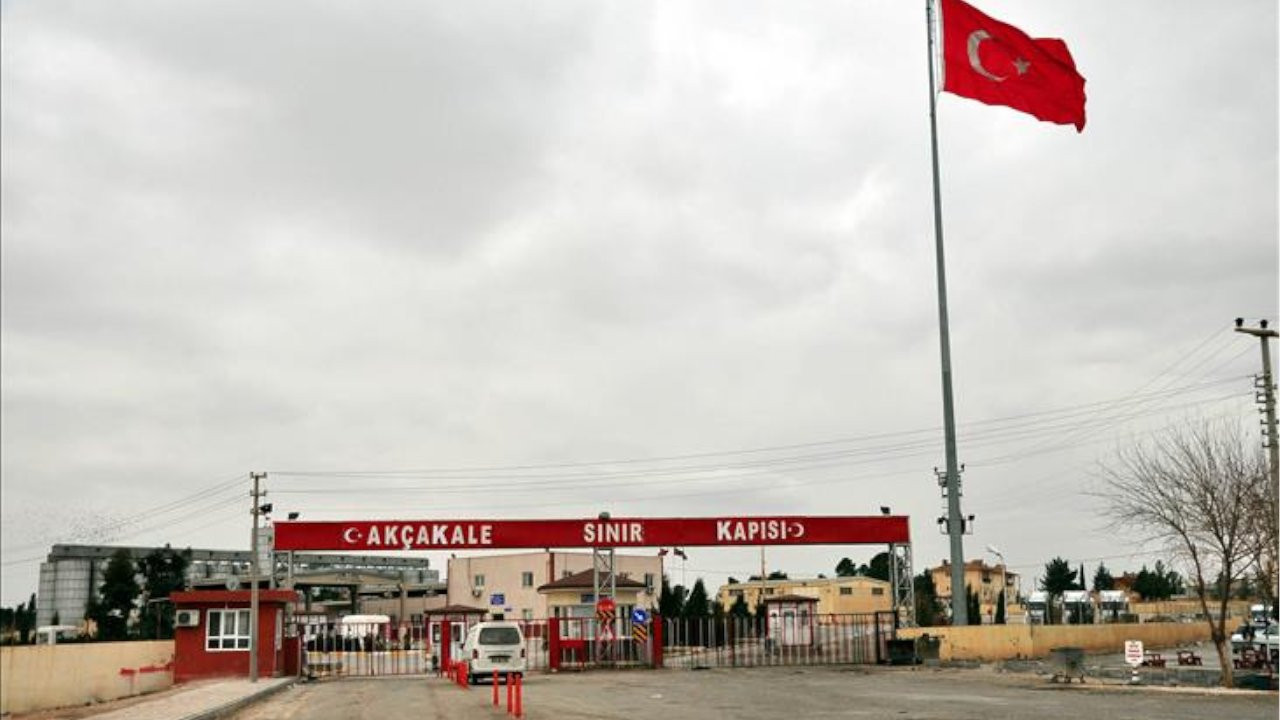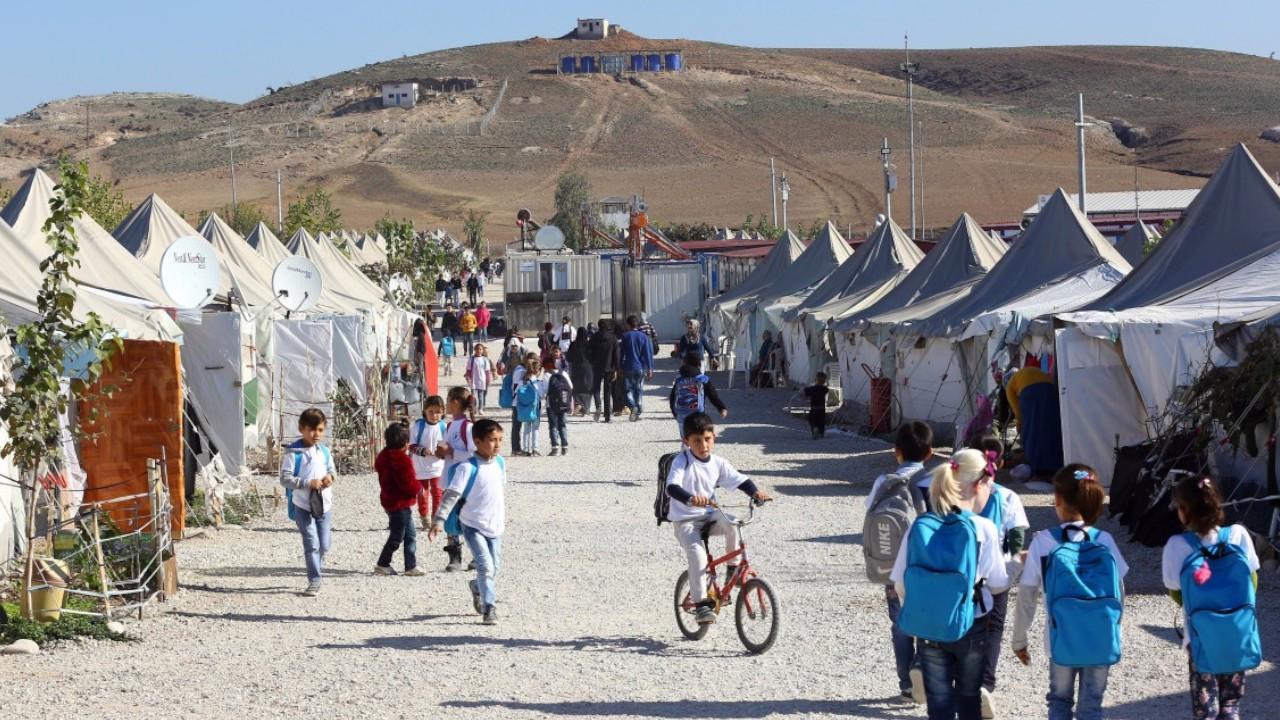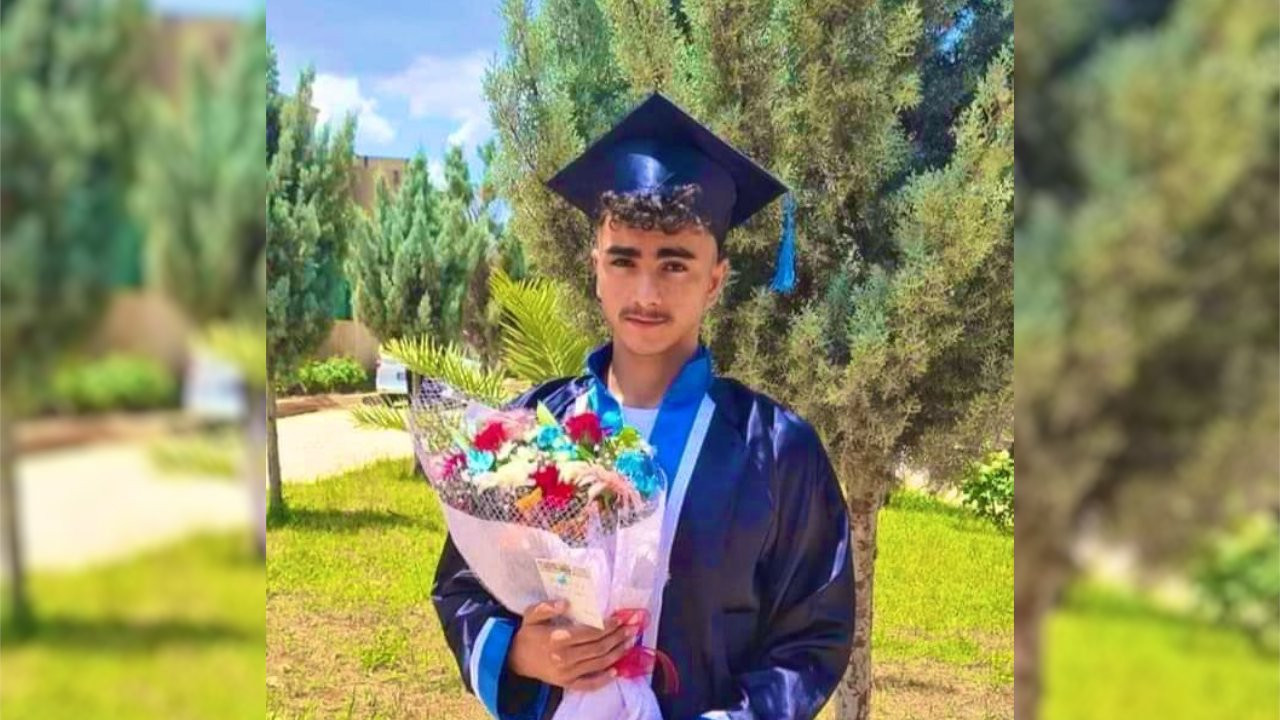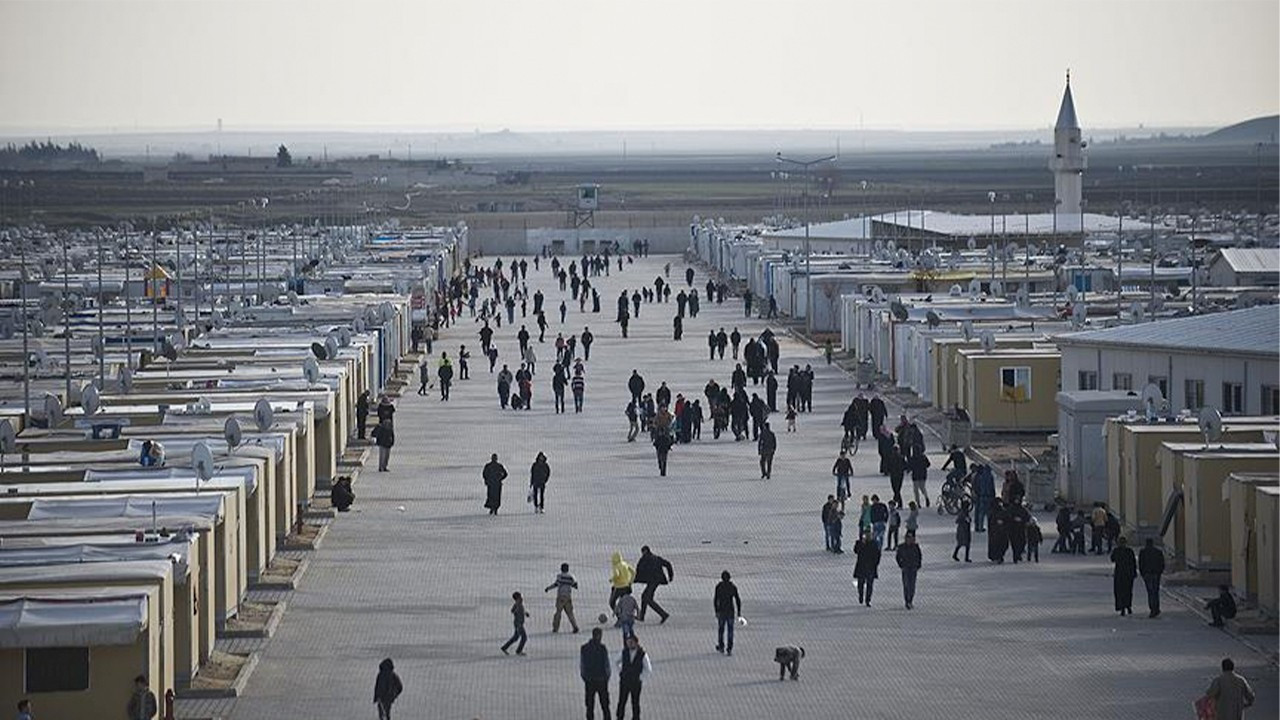Restricting residence permits to refugees in some districts will create other problems, experts say
According to a new policy of Turkey's Interior Ministry, foreigners will no longer be allowed to be registered in Istanbul's 10 districts. Experts have said that this move will cause some serious other problems. Assoc. Prof. Didem Danış said that the state's latest policy in these districts will lead to informality.
Hacı Bişkin / DUVAR
Turkey’s Interior Minister Süleyman Soylu on Oct. 7 announced that they restricted issuing residence permits to foreigners in Istanbul's 10 districts (Esenyurt, Fatih, Küçükçekmece, Başakşehir, Bağcılar, Avcılar, Bahçelievler, Sultangazi, Esenleri Zeytinburnu).
Assoc. Prof. Didem Danış from the Association for Migration Research (GAR) Didem Danış told Gazete Duvar that this decision will have negative consequences for refugees.
Danış said: “The problem is that after all these years of allowing free resettlement of Syrian refugees, the government has now suddenly and arbitrarily changed its stance. The closure of some neighborhoods would make refugees become more introverted. This change in attitude and policy, which is more visible especially in the pre-election period, causes intense anxiety and fear among Syrian refugees.”
Regarding the question of why refugees choose to live in these districts, Danış answered as follows: "All over the world, immigrants resettle in places where rents are cheaper and job opportunities are higher. In addition, they prefer places where people like them live in order to feel safer during their adjustment to a new life. This is a way of overcoming the difficulties and discrimination they face both in daily life and at the institutional level. We have seen that Syrian refugees are also concentrated in certain districts in cities like Istanbul."
Danış said that the state's latest policy in these districts will lead to informality.
"I think that such a policy of the state against these spatial gatherings that develop due to the reasons I mentioned will have opposite results. As the state implements a policy of dilution, we will see that most people will continue to live in these places without registration and the state will have difficulty in tracking and controlling who lives where. This will make the situation of immigrants even more fragile, because they will not be able to access some services such as education and health in the districts where they live informally,” she added.
Duygu İnegöllü, a lawyer who is closely interested in the refugee issue, said that rights cannot be restricted.
"All fundamental rights and freedoms are under constitutional guarantee. Legal regulations and constitutional rights cannot be restricted without objective reasons. We have not seen any legal regulation about the statements we have seen in the media,” she said.
(English version by Alperen Şen)

 Syrian refugees describe their return to homeland as being 'forceful,' rather than 'voluntary'Human Rights
Syrian refugees describe their return to homeland as being 'forceful,' rather than 'voluntary'Human Rights Syrian families in Turkey scared to send children to school due to increasing hate speech: ActivistHuman Rights
Syrian families in Turkey scared to send children to school due to increasing hate speech: ActivistHuman Rights 17-year-old Syrian refugee stabbed to death in Turkey's southern HatayHuman Rights
17-year-old Syrian refugee stabbed to death in Turkey's southern HatayHuman Rights 'Syrian Barometer' for 2020 reveals continued animosity towards Syrians, despite some sympathyDomestic
'Syrian Barometer' for 2020 reveals continued animosity towards Syrians, despite some sympathyDomestic